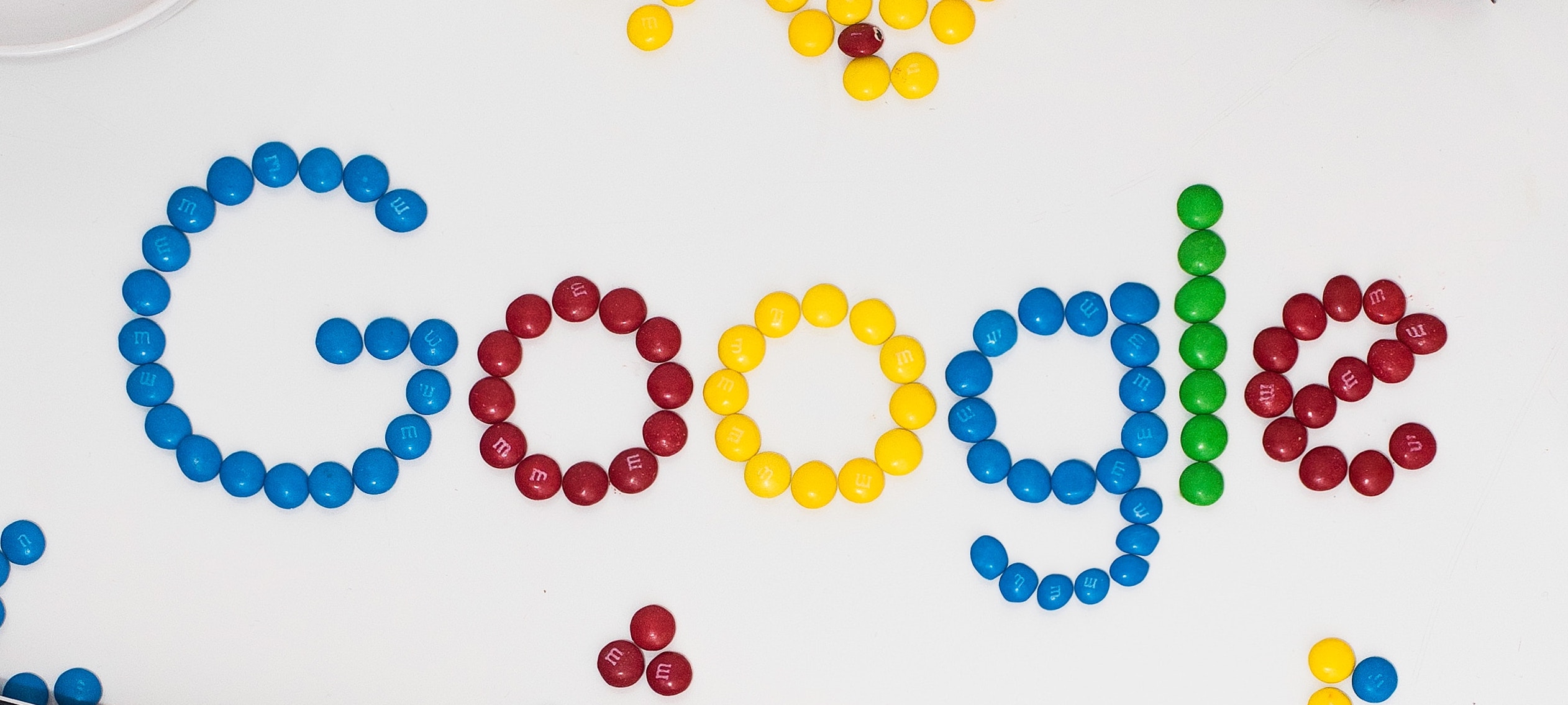
Is Google Taking Control Of Paid Search... And Do We Care?

Few companies in any sector can boast a 90%+ market share, yet in countries across the world, Google can.
Google is undeniably powerful, but what the paid search world is seeing is that beyond just having power, Google is now also starting to take control. Control of campaigns through bidding, ad copy, keywords... every aspect of a paid search account can now be just handed over to Google under the guise of automation.
It all started when Google Shopping moved over to the paid world. Suddenly we had Product Listing Ads, activated by search queries that advertisers were not in full control of. Eventually, smart advertisers took the backdoor route to controlling visibility via negative keywords. Speaking to a Google Rep at a recent event, I was quietly told that if they knew then what they know now, they would not have enabled the negative keyword functionality in shopping as it gives the advertiser 'too much control'. Really? 'The lack of control is not just frustrating but limiting'
Now, with the roll-out of Smart Shopping, we see even less control of shopping campaigns with placements, channels, audiences and search queries now all being behind the Google curtain with this likely to become the standard delivery mechanism for Shopping campaigns.
One way or another we, as advertisers, have been buying in to Google’s taking control for years. Dynamic Search Ad campaigns take away our control of which keywords we’re bidding on. Bid strategies take away our control of what bids we’re setting. And now Responsive Search Ads and Ad Suggestions take control of how your ad copy displays.
But... does it matter?
Do we need control of campaigns as long as we’re hitting performance goals? Does it matter that we can’t optimise campaigns if Google is doing it successfully on our behalf?
In my opinion; yes it does. Paid search doesn’t sit in isolation. It’s just one, admittedly important, channel in your wider activity.
Without search query or ad copy data you can’t use insights to feed in to your SEO strategy. Without audience or placement targeting abilities you can’t support wider CRM strategies or run activity in strategic sync with wider display efforts.
If you’re a one-man-band, running a florist and you have everything to look after yourself then, yes, this kind of automation can be a god-send. But if you’re a company with a complex cross-channel strategy and resources to support this, the lack of control is not just frustrating but limiting.
Good agencies are now essentially becoming paid search hackers out of necessity - finding back doors and ways around the systems to take back control. But these control-retaining tactics are leading to lower adoption rates for new functionality in performance-based agencies, despite the fact that some of this automation could be beneficial.
My advice to any client would be to look for an agency who questions Google and doesn’t blindly adopt new functionality without finding out the full implications, but who also isn’t afraid to test.
The best strategies are still integrated across channels and by accepting automation that obscures data, we have to be mindful of the impact across all channels. Even if your Google paid search is exceeding expectations, weigh up the benefits of performance against the drawbacks of opacity and work out what you can live with.
The Author of this article is Paul Risebury-Crisp, Head of Paid Media at Ayima in London
This essay was taken from thenetworkone's essay collection "Martech" which you can find here: https://thenetworkone.com/essay-collections/










